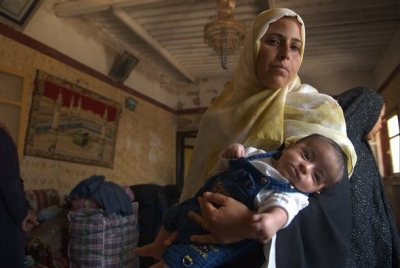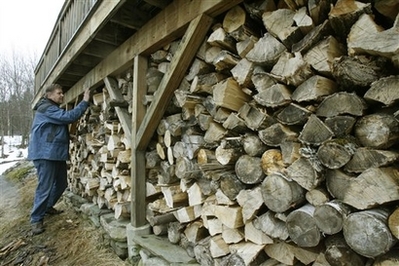BONN, May 22 (IPS) – Seeds were once for ever. After harvest, a few from the crop would be planted for the following year, and so it went on.
Now, biochemical industry giants are making seeds themselves infertile. You sow them this year, and that’s it. For next year’s crop, you need brand new seeds — you would have to buy them, of course.
Twenty-five years ago, there were at least 7,000 seed growers worldwide, and none of them controlled more than one percent of the global market. Today, after a takeover spree, 10 major biochemical multinationals, including Monsanto, DuPont-Pioneer, Syngenta, Bayer Cropsciencie, BASF, and Dow Agrosciences, control more than 50 percent of the seeds market.
“The goal of these companies is, of course, to make profits,” Benedict Haerling, researcher at the German non-governmental organisation Future of Agriculture, told IPS. “In order to improve their profits, they all apply one strategy to increase their control of the market: they impose upon farmers worldwide the so-called vertical integration of inputs, from seeds to fertilisers to pesticides, all from one brand.” Compulsory customer loyalty, you might call it.
And through biochemical manipulation, including genetic modifications, many companies have made sure the harvest you obtain cannot be sown again.
Such “vertical integration of agricultural inputs” has transformed agriculture in developing countries into a two-class business, Angelika Hillbeck, researcher on bio-safety and agriculture at the Swiss Federal Institute of Technology in Zurich told IPS.
“In the developing countries there is a class of farmers with large plantations and enough money who can afford to buy all inputs from the major biochemical companies, from seeds and fertilisers to pesticides and conservatives.” But there are small farmers for whom the biochemical markets are out of reach.
Hillbeck and Haerling are scientific counsellors to non-governmental organisations and associations of small farmers in developing countries who are attending the UN conference on biological diversity in Bonn.
The conference aims at reviewing international compliance with the targets adopted in 2002 to significantly reduce the rate of decimation of species at the global and national level by 2010. It is also set to formulate binding international rules on legal measures to stop the loss of biodiversity.
Read moreBIODIVERSITY: Privatisation Making Seeds Themselves Infertile











